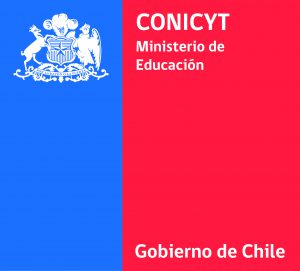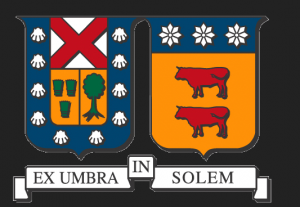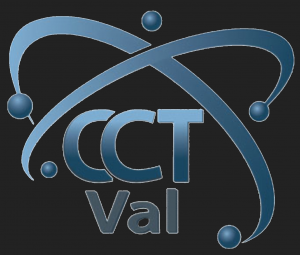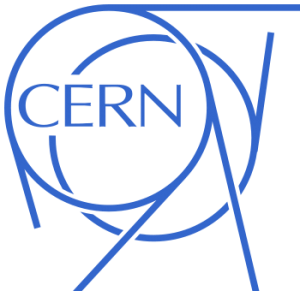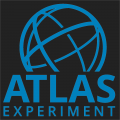Human Training and Formation
- This project will also support training, research, and development in subjects related to the ATLAS Detector and software technologies. The technology of particle physics detectors integrates detector components, data acquisition electronics and software, advanced computer simulations, detector event reconstruction software, and fast signal processing. In addition to integrating these areas, it’s a natural area for enhancing our international collaboration with ATLAS at the CERN LHC in Europe.
- The project will also benefit from the Integrated Workshop and Outreach Center (IWOC) to be created soon at CCTVal as its core part. The IWOC will host programs and workshops that will, in particular, be devoted to ths project. It will also incorporate instrumentation schools for both Physics and Engineering students, with the participation of specialists from CERN and other international institutions.
- Working visits of our students to CERN will be one of the most stimulating and efficient means to attract them to particle physics as well as to form young researchers. In fact, we have already sent a number of young people to CERN, and these visits have been extremely successful.
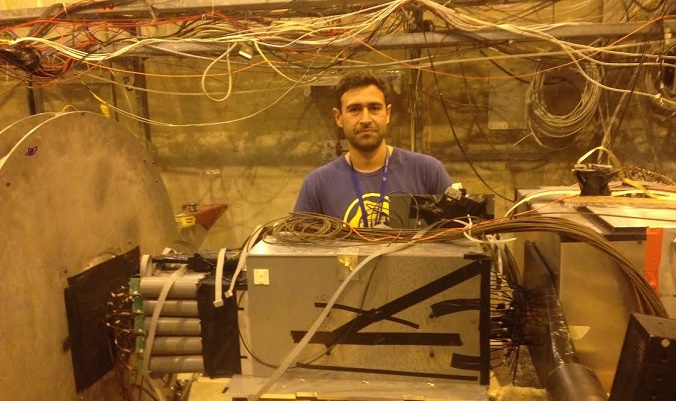
One of our students while visiting CERN
- The group of the researches of this project have demonstrated a strong connection with the Universidad Técnica Federico Santa María (UTFSM) in the involvement of our students in the research process. In particular, engineering students get solid training in physics, mathematics, and engineering sciences, allowing them to contribute to several areas of research. Our research work involves students from undergraduate to doctorate levels. In fact, many of our publications include students as co-‐authors. The laboratories are primarily staffed by students, both undergraduate and graduate, with a few technical staff to oversee daily work and professors in the center as their advisers. Especially in the experimental physics group, the students are a crucial part of the production of equipment such as particle detector components, and laboratory research. In many cases students become familiar with our work, as some of its activities and results are being introduced into the teaching curriculum, both in theoretical topics and in laboratory courses.
- Other related activities such as presentations by distinguished invited international researchers and conferences hosted at UTFSM involving participation of both foreign and local researchers have played an important role in motivating students. This has made it very easy to attract talented collaborators. It is hoped that in the coming years the same pattern of involving new students will continue to prove effective. Students participating in our work are encouraged to choose certain specific elective courses that will provide them with the tools to make meaningful and important contributions to our work.
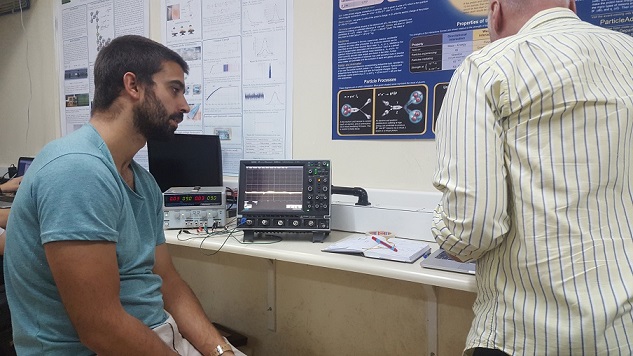
One of our students while receiving guidance from the project’s director.
- Recently, research grants have also allowed us to hire post-‐doctoral researchers, one of which was subsequently hired as full‐time member of the Lab. So at the moment, we have one postdoc working full time for the ATLAS activities, but increasing the number of postdocs is one of our goals, as several potential postdoctoral candidates could make valuable additions to our center, so during this project we have projected to hire two more postdoctoral researchers, for a total of three. This number could be increased if additional highly qualified candidates can be found. In fact, increasing the number of young scientists and students in general, whether they are undergraduate, masters, or PhD, is a primary goal of the center. We have designated funds for four undergraduate students per year. This number is actually quite conservative, considering that given the number of projects last year, we have had up to fifty undergraduate students working at the same time at the Center. We project hiring four postgraduate students for this project. Several of these students already work with the project members, and a few will be chosen to formally join the project. Most of the researchers have one or more students, whether undergraduate, masters, or PhD, for whom they serve as their guides. The goal of the thesis work is eventual publication, as well as mastery in their topics.
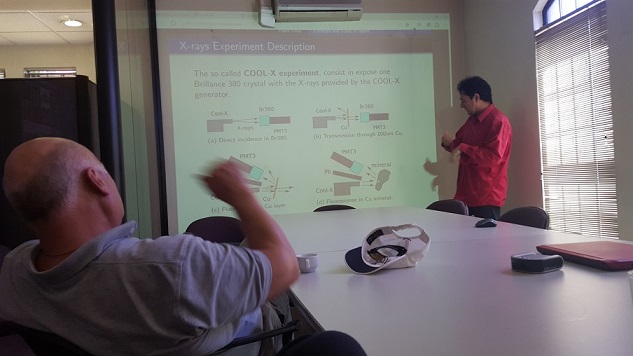
Our Post-doctorate researcher making a presentation for the project director
- The experimental groups participating in experiments at large accelerator facilities usually are affiliated with different universities all over the world. Frequently, theoretical groups working at the same university are focused on alternative problems providing a weak theoretical support to the efforts of their experimental counterparts. Although the theory group at UTFSM is strongly biased towards phenomenology, and no communication gap exists between theorists and experimentalists in the high-‐ energy departments, physics discussions between theorists and experimentalists are rather scarce, and the physics seminars are not frequent either. Frequently the members of the experimental team working at ATLAS, are not aware of the results of the theorists, some of which are critically relevant to the measurements performed at ATLAS. As a result, one can hardly find in the ATLAS publications citations of the results of the UTFSM theorists. Such a lack of the experiment-theory connection makes also a negative impact on the formation of the students involved in the research within each of the two parts of the group both theoretical and experimental.
- We plan to improve this situation and enhance the exchange of information between the groups on a regular basis. During this project, we plan to start regular, probably weekly, informal meetings between the theorists working with phenomenology of high‐energy interactions and experimentalists working at ATLAS. At each such meeting one or more presentations should be scheduled, either on phenomenology, or on the ATLAS results and plans. These meetings would be accompanied by discussions, and sometimes by mini‐courses of basic phenomenology or data analysis. The informal character of such meetings should be especially beneficial for students, who usually hesitate to ask questions. Experimental students participating in these meetings will have a good chance to develop their knowledge of physics, which is hardly possible when they work with routine technical tasks within the experimental group. Theoretical students will have a unique chance to learn how experimental measurements are done, to develop their feeling of statistics, background issues and other subtleties etc.

